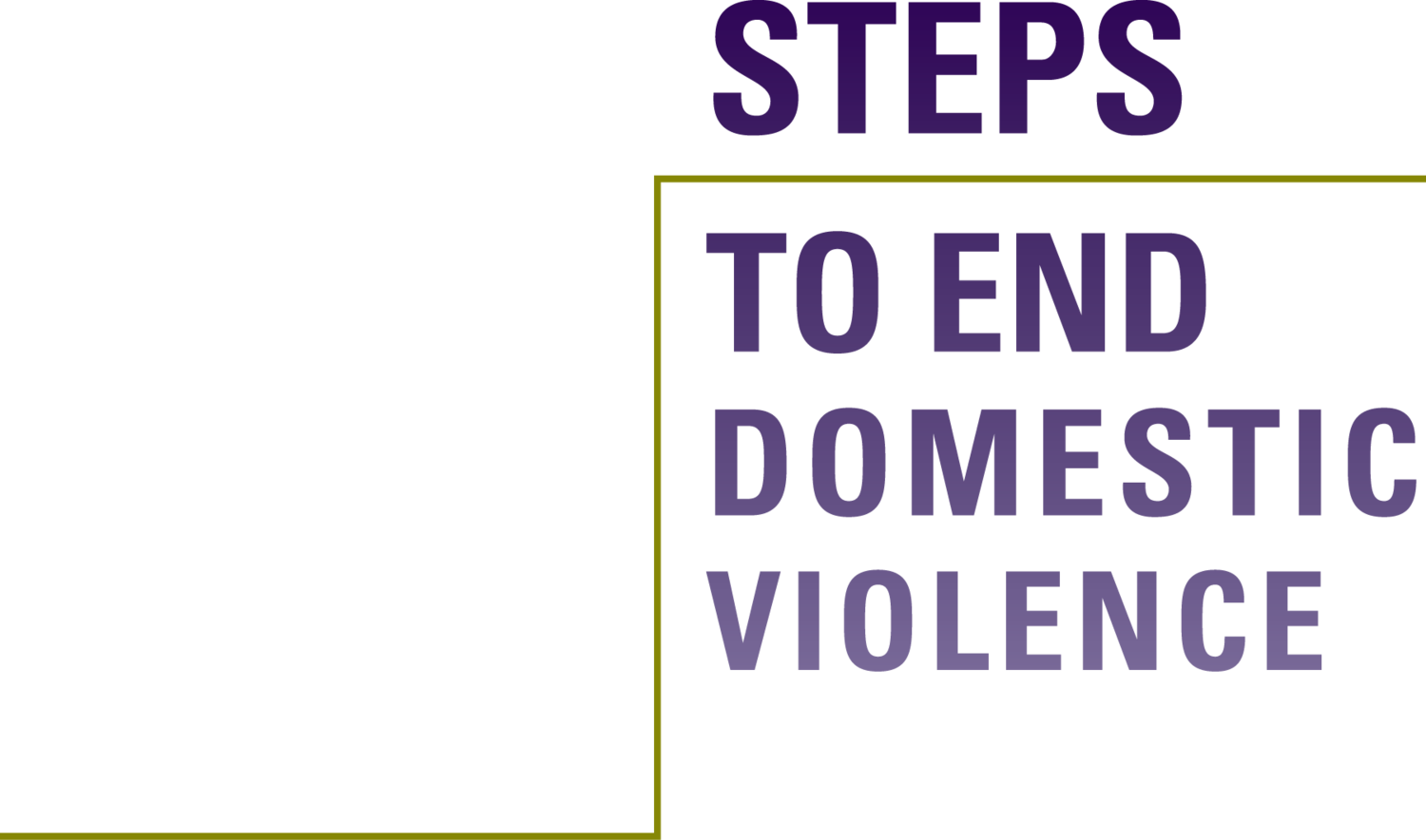Emergency Housing
Housing is often a significant barrier for folks wanting to leave their abuser.
Our Emergency Housing program helps provide safety and respite as they work to rebuild their lives.
Here at Steps we have a 21 unit emergency shelter that can house households fleeing intimate partner violence for up to 90 days.
Steps also has a Safe Home program that helps households fleeing from intimate partner violence be placed in the local motels temporarily.
When people stay with us, we offer emotional support and wraparound services, but we also help ensure basic needs are met - including food, transportation, toiletries, cleaning supplies, and more. All survivors in the Housing Program have the choice to work with a Housing Advocate to overcome barriers to obtain permanent, safe and stable housing.
Common goals we help survivors work towards:
Becoming financially independent
Finding career and education opportunities
Securing childcare
Ways to take care of themselves
Resolving legal and tenant/landlord issues
Our Shelter Welcomes Pets
The Steps to End Domestic Violence team recognizes that the lack of pet-friendly emergency housing options is a huge barrier for many survivors as they consider fleeing from violence in their homes. Not wanting to leave their pets behind, many survivors delay leaving unsafe situations — and even more return to unsafe homes due to concern over their pets’ safety in their absence.
Thanks to funding of over $50,000 from a Safe Housing Grant from Red Rover and support from our friends at Burlington Obedience Training Club and Chittenden County Humane Society, our team has officially started welcoming pets into our shelter alongside survivors — making our shelter the only year-round pet-friendly emergency housing option in Chittenden County.
ECONOMIC JUSTICE
One way abusers exert power and control is by denying their partners access to finances, jeopardizing their credit, and limiting access to employment or education. Leaving an abusive relationship can cause a huge strain on finances and have a lasting impact on financial security.
TRANSITIONAL HOUSING
This is a temporary housing program (typically for between 6-24 months) that helps folks create achievable goals and secure permanent, affordable housing. Survivors can continue with follow-up services for up to a year after exiting transitional housing.
rAPID rEHOUSING
This is a temporary housing program (typically up to 12 months) that connects survivors with apartments in the community. This program provides rental assistance to survivors while they work on personal goals needed to live independently.
Meet our Director of Housing Services!
After graduating from University of Vermont, Ciara enrolled in Americorps where she served at a local nonprofit working with homeless adults. She found her passion for safe, stable, affordable housing through that year and have continued her career in housing. She has been working in housing for nearly 7 years. Outside of work she enjoys spending time with her two dogs named Mookie and Parker.

